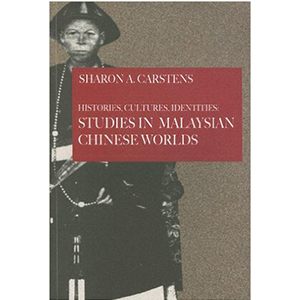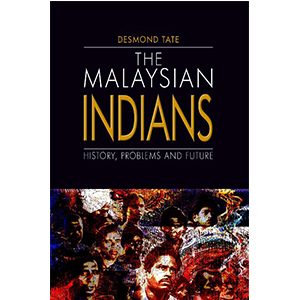Malaysia’s Original People: Past, Present and Future of the Orang Asli
The Malay-language term used for indigenous minority peoples of Peninsular Malaysia, “Orang Asli”, covers at least 19 culturally and linguistically distinct subgroups. This volume is a comprehensive survey of current understandings of Malaysia’s Orang Aslicommunities (including contributions from scholars within the Orang Asli community), looking at language, archaeology, history, religion and issues of education, health and social change, as well as questions of land rights and control of resources. Until about 1960 most Orang Asli lived in small camps and villages in the coastal and interior forests, or in isolated rural areas, and made their living by various combinations of hunting, gathering, fishing, agriculture and trading forest products. By the end of the century,logging, economic development projects such as oil palm plantations, and resettlement programmes have displaced many Orang Asli communities and disrupted long established social and cultural practices. The chapters in the present volume show Orang Asli responses to the challenges posed by a rapidly changing world. The authors also highlight the importance of Orang Asli studies for the anthropological understanding of small-scale indigenous societies in general.
RM95.00
1 in stock
Description
The Malay-language term used for indigenous minority peoples of Peninsular Malaysia, “Orang Asli”, covers at least 19 culturally and linguistically distinct subgroups. This volume is a comprehensive survey of current understandings of Malaysia’s Orang Asli communities (including contributions from scholars within the Orang Asli community), looking at language, archaeology, history, religion and issues of education, health and social change, as well as questions of land rights and control of resources. Until about 1960 most Orang Asli lived in small camps and villages in the coastal and interior forests, or in isolated rural areas, and made their living by various combinations of hunting, gathering, fishing, agriculture and trading forest products. By the end of the century,logging, economic development projects such as oil palm plantations, and resettlement programmes have displaced many Orang Asli communities and disrupted long established social and cultural practices. The chapters in the present volume show Orang Asli responses to the challenges posed by a rapidly changing world. The authors also highlight the importance of Orang Asli studies for the anthropological understanding of small-scale indigenous societies in general.
Publisher: NUS Press
Paperback
2015
ISBN: 9789971698614






